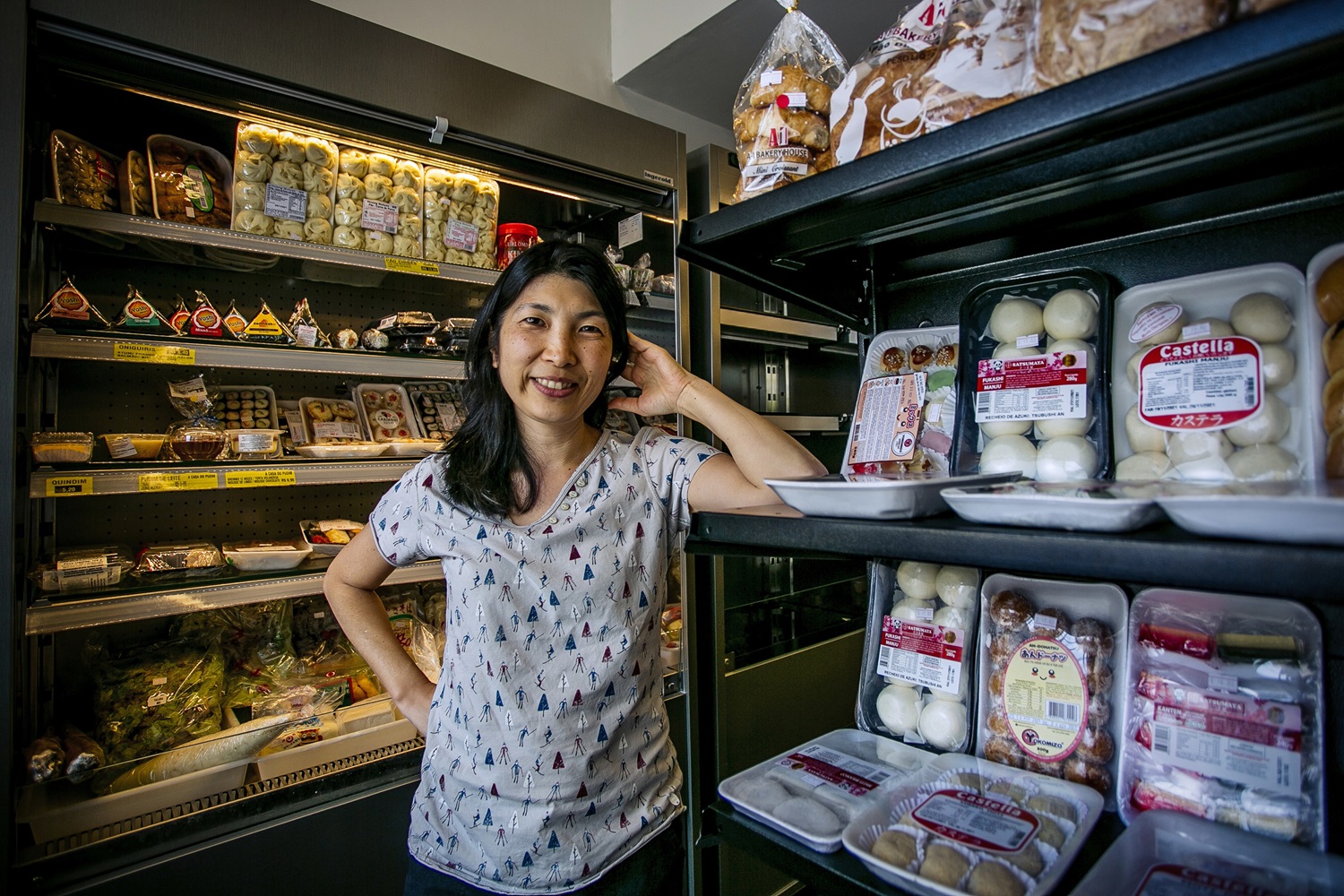More than 160 small supermarkets open every day in Brazil

Minimarket, grocery store, grocery store, warehouse, or bodega. Regardless of what they're called in each region of the country, establishments that resell food products in neighborhoods and small towns are booming. In the first half of this year alone, more than 29,000 of these small businesses opened—which represents 162 CNPJs registered per day, or nearly seven new stores every hour.
One of the factors driving this progress is the generation of jobs and income in the country, where micro and small businesses account for more than 60% of hiring. Compared to the same period of the previous year, growth in business openings was 8.5% higher (27.1 thousand in 2024) .
The data is part of a Sebrae survey based on the Federal Revenue Service's National Registry of Legal Entities (CNPJ). The survey also indicates that 70% of these small businesses are registered as individual microentrepreneurs (MEI).
Sebrae Competitiveness Analyst Jane Blandina da Costa positively assesses the sector's growth. "It shows that Brazilians are taking advantage of this economic climate and the employment level to start businesses. Neighborhood businesses are crucial because they boost the local economy, generate supplementary income for families, and bring consumers closer to quick and affordable solutions," she analyzes.

Tips for the entrepreneur
To keep revenue high, Jane Blandina has outlined some important guidelines for this business model:
Management There's no escaping it: success depends on simple and organized financial management. The first recommendation is to separate business accounts from personal accounts and closely monitor the grocery store's inflows and outflows. "This provides clarity and avoids surprises at the cash register," the analyst points out.
Knowledge Small markets thrive when entrepreneurs understand the local consumer profile. "It's important to observe habits and preferences and listen to suggestions. This helps adjust the product mix," he says.
Digitization Cell phones and technology can be great allies for small businesses. Delivery tools, WhatsApp groups, and social media help increase sales and build customer loyalty. "Small digital initiatives expand reach and maintain competitiveness," emphasizes Jane Blandina.
agenciasebrae





